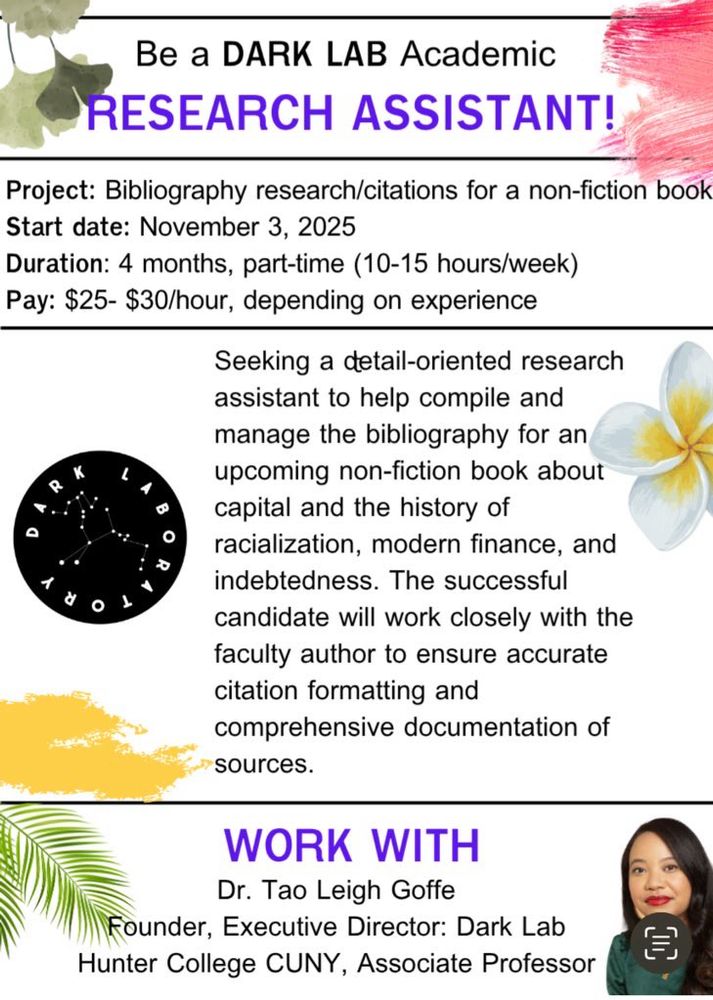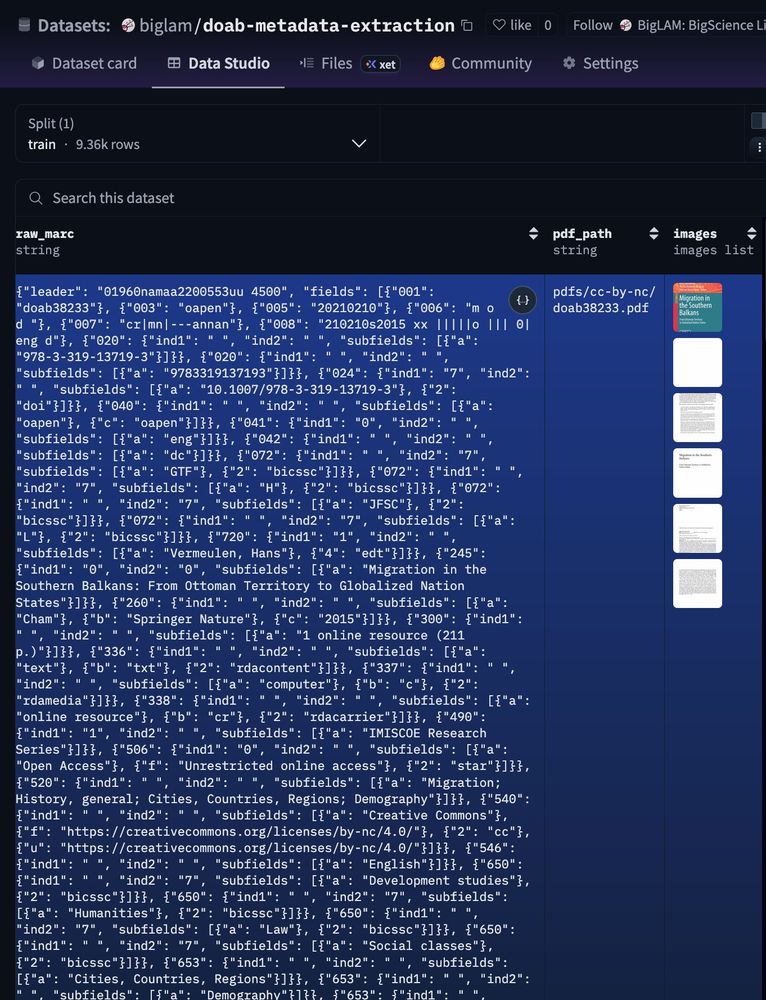John Russell
@johnruss28.bsky.social
890 followers
530 following
77 posts
Associate librarian at Penn State, associate director of the Center for Virtual/Material Studies
Posts
Media
Videos
Starter Packs
Reposted by John Russell
Reposted by John Russell
Reposted by John Russell
Reposted by John Russell
Reposted by John Russell
Le Monde
@lemonde.fr
· 17d

Nucléaire : un travailleur irradié par Aglaé, l’accélérateur de particules du Louvre
Cet incident, qui a eu lieu pendant l’été, est le plus grave observé par l’Autorité de sûreté nucléaire et de radioprotection depuis dix-sept ans. Unique au monde, l’installation est à l’arrêt.
www.lemonde.fr
Reposted by John Russell
John Russell
@johnruss28.bsky.social
· Sep 8


















